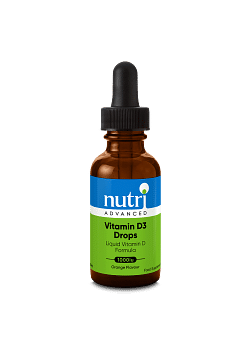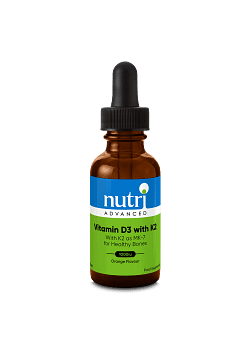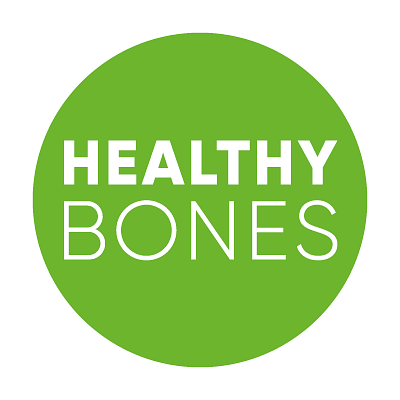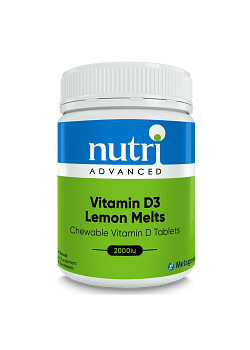Is Your Job Making You Vitamin D Deficient?
Why you can trust Nutri Advanced Every article on our site is researched thoroughly by our team of highly qualified nutritionists. Find out more about our editorial process.
The most important question any health professional can ask is ‘why?’
Digging deep to find underlying causes is the ultimate way to improve health; individually and globally.
Vitamin D deficiency has been increasing in incidence worldwide, even in countries with more sunshine. And as well as directly addressing the problem by raising awareness and promoting supplementation, it is important to ask why this is happening, so the problem can be tackled at the root cause.
A new study has aimed to do just that. In a recent systematic review, researchers investigated whether occupations, specifically shift working and indoor working, are contributors to the increased incidence of vitamin D deficiency in industrialised nations.
Overall 90 papers were found; 10 of these that met the inclusion criteria were selected (9 cross-sectional studies and 1 systematic review).
Results showed that:
• The majority of studies strongly indicate that the changing role of labour is at least contributing to the increased prevalence of vitamin D deficiency
• Indoor workers are commonly more susceptible to vitamin D deficiency than outdoor workers
• Outdoor workers are the least likely to suffer from low vitamin D
• Health care professionals (especially those where training is involved), domestic workers and executives were found to have higher than average levels of deficiency, even in climates where there is possibility of high exposure to sunlight.
• Shift workers and indoor workers are consistently reported as being the occupational group most likely to suffer from a deficiency of vitamin D
• The highest rate of vitamin D deficiency is found in those employed on night shift contracts no matter where the location.
The researchers commented,
“Certain occupations are suffering from, or have a predilection to suffer from, a deficiency of this vitamin. Shift workers and indoor workers are consistently reported as being the occupational group most likely to suffer from a deficiency of vitamin D3. It would appear prudent to investigate the potential of providing nutritional education to workers in addition to including preventative measures in the workplace.”
Vitamin D – What you can take away from this study…
Whilst this study doesn’t necessarily tell us a lot that we didn’t already know about growing vitamin D deficiency; we know that modern lifestyles are a significant contributing factor and there has been a general shift towards people spending more time indoors and less time outdoors with bare skin exposed to sunlight. It does however add an extra layer of detail to the picture, and encourages people to consider the impact of their job on their health.
The take away message is that if your job involves a lot of time spent indoors, make sure you maximise daylight exposure when you can. And if you work night shifts, and have less opportunity to get outside in daylight, there’s even more reason to be vigilant about your vitamin D. We recommend you get your blood vitamin D levels tested regularly, find bare skin exposure to sunlight where you can and take a daily supplement to keep your levels topped up. Vitamin D is best supplemented as D3 (cholecalciferol) as this is the form naturally produced in the skin in response to sunlight. Vitamin D also works in synergy with vitamin K and these are often recommended together.
Public Health England now recommends everyone should take a daily vitamin D supplement throughout autumn & winter, and babies & children up to the age of 5 and anyone at higher risk should supplement all year round.
For more information on vitamin D supplementation click here.
References:
Coppeta L, Papa F et al. Are shift work and indoor work related to D3 vitamin deficiency? A systematic review of current evidences. J Environ Public Health. 2018; 2018: 8468742
This website and its content is copyright of Nutri Advanced ©. All rights reserved. See our terms & conditions for more detail.
Nutri Advanced has a thorough research process and for any references included, each source is scrutinised beforehand. We aim to use the highest value source where possible, referencing peer-reviewed journals and official guidelines in the first instance before alternatives. You can learn more about how we ensure our content is accurate at time of publication on our editorial policy.
Most Popular Articles
-
7 Surprising Ways To Support Your Magnesium
If you are displaying signs of a magnesium deficiency, here are 7 ways to boost your magnesium levels that are easy to incorporate into your daily life. -
5 Best Vitamin C Supplements Picked By Our Experts
Learn more about the different types of vitamin C, the different benefits you get from different types, and what you get for spending more on a good supplement. -
Top 5 Vitamins For Energy And Tiredness Picked By Our Experts
The 5 best and most important vitamins for energy & tiredness including B vitamin food sources & best supplement forms for energy. -
Benefits of Myo-Inositol for Polycystic Ovary Syndrome (PCOS)
In this research review article, we take a closer look at a lesser-known natural compound called myo-inositol that has been found to have significant potential to improve many of the prevalent features of PCOS. -
Top 10 Reasons to Give Your Kids Omega-3
Read the top 10 reasons that kids should have plenty of Omega-3- an essential fatty acid- including for depression, brain function, sleep & reading/maths skills.


















